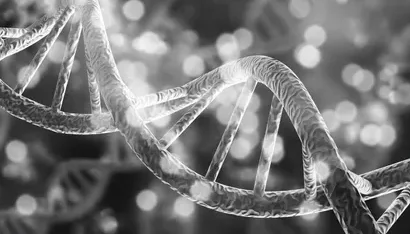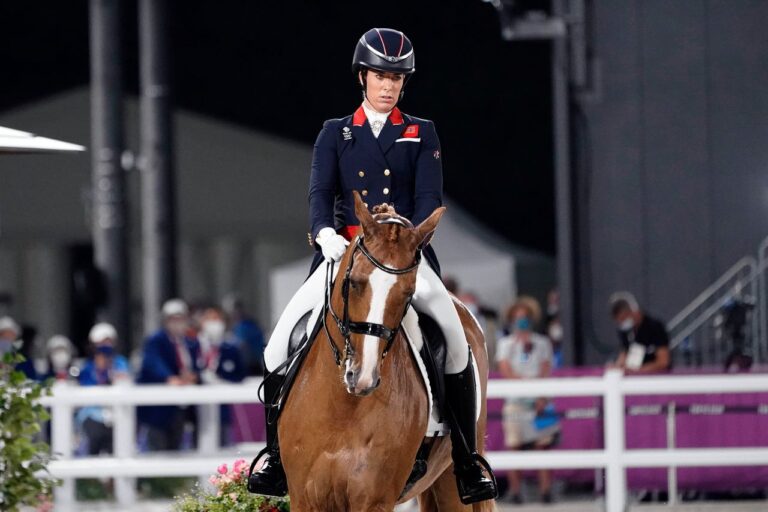Are you planning on buying or selling a horse in the European Union? Are you a consumer or a professional party? In that case the new EU Directive on Consumer protection could be relevant for you.
As of 1 January 2022, the EU Directive 2019/771 (‘Directive’) on Consumer Protection has entered into force. This Directive applies to sales contracts between a consumer and a seller. The purpose of the directive? Procuring a high degree of consumer protection.
The Directive contains two important changes. First of all, the Directive specifies in more detail the requirements for ‘conformity’. It makes a distinction between subjective and objective conformity requirements. The first relate to requirements arising from the specific sales agreement, the second are requirements that can be imposed on a particular good (such as a horse) on the basis of its objective purpose of use. If these criteria are not met, one could appeal to non-conformity.
With the second important amendment the EU sets the period within which the burden of proof is reversed at 1 year from the time of delivery although Member States can opt to extend this up to 2 years. Is a defect discovered within this period of time? Then it is presumed that this defect was already present at the time of purchase and it is up to the seller to prove otherwise.
When one thinks of how many different health or behavioral problems can spontaneously arise in horses, or animals in general, one can imagine that 1 year, let alone 2, is a very long period of time. Favorable for consumers, a lot less for sellers…
The EU has taken this into account and offers its Member States the possibility to exclude sales contracts relating to living animals from the scope of the Directive. However, not all Member States have or will make use of the options offered by the Directive. Take for example neighboring countries the Netherlands, France, Germany and Belgium. While France and Germany have already implemented the Directive in their national regulations, the Netherlands and Belgium are still in the process thereof.
France has chosen to make use of both options offered by the Directive by both extending the reversal of the burden of proof up to 2 years but at the same time excluding sales contracts relating to animals from the scope of the Directive. Germany has only chosen to deviate from the Directive with regard to the second option, by also excluding sales agreements relating to live animals. And although Belgium is not yet at the stage where the regulations have been transposed into Belgian law, it seems that this country is inclined to exclude this type of purchase contract, as long as replacement provisions are issued by Royal Decree. The Netherlands on the other hand will most probably use neither option. If the bill to implement the Directive is passed in its current form, professional horse sellers in the Netherlands will bear the burden of proof for 1 year after the delivery should defects be discovered during that particular time frame.
The type of implementation chosen by a Member State can therefore offer a different degree of protection to consumers or sellers in different countries. While the Netherlands may be a lot more favorable to buy a horse due to the high degree of consumer protection, a seller may therefore be more inclined to focus on another EU country.
The near future will show how those countries that have not yet done so will transpose the directive. The exact consequences of this for the horse trade within the EU will also become visible over time. In any case, these are developments to keep an eye on.



